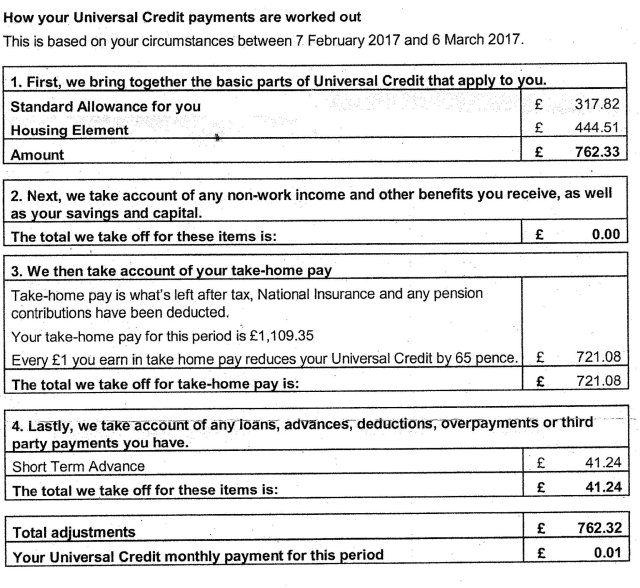From child tax cut restrictions to universal credit, the government has crossed its own red lines. Soon millions more children will go hungry
Exactly four years since Britain’s first wave of cuts came into force – and as this month’s new measures begin to take hold – we’re entering what we may call the next stage of austerity. Where, at first, particular sections of the poor and marginalised – the disabled, people with mental health problems and the unemployed – were targeted, now it’s free rein on anyone who’s struggling.
While the policies of April 2013 – the bedroom tax, for example, or the original benefit cap pilot – were sold by politicians as protecting “hardworking” families, the policies of April 2017 – from child tax credit restrictions to the impact of universal credit – cross even the line the Conservatives themselves have spent years creating. This is no longer a case of “tough love” against the coalition’s so-called shirkers but, on top of further cuts to out-of-work disabled people, it is the gutting of support for the low paid and their children.
“I’ve spent a lot of time in the reduced aisle in supermarkets, 19p for spaghetti and 20p for chopped tomatoes,” says Cydney, 23, from Bournemouth. Six months ago, Cydney’s partner left her and their four-year-old boy, Oscar, and she’s since been struggling to afford regular meals. Cydney had a wage coming in – she worked part time in marketing for an insurance broker, as well as caring for Oscar – but 80% of it went on childcare alone. The rest had to stretch for all her bills: rent, utilities, phone, and council tax. Her £20 a week child benefit helped but barely made a dent. Often, after all her outlays, there’d only be £5 left for a whole week’s food shop.
To be able to feed her son, Cydney ate one or two meals a day: skipping breakfast, eating lunch at work, and then going without dinner. “I’d give Oscar baked beans on toast,” she says. “There were times I’d go to bed early because I was hungry.” With her mental health suffering and no way to pay the bills, Cydney’s only choice was to give up her job to move back in with her mum in Buckinghamshire.
Cydney’s is not a rare case of course, but rather a snapshot of reality for families all over the country. Research by the Young Women’s Trust last month found that half of young mums are now regularly skipping meals because they’re struggling to afford to feed their children. A quarter have had to use a food bank. This is even before this month’s benefit measures kick in. It is part of the same normalisation of hardship that means there are now 11 million people in this country who are not only living far below what the wider public view as “socially acceptable” living standards but who are on the precipice of what the Joseph Rowntree Foundation call “severe poverty”.
read more here: https://www.theguardian.com/commentisfree/2017/apr/13/cuts-hardworking-families-tories-child-tax-cut-universal-credit
